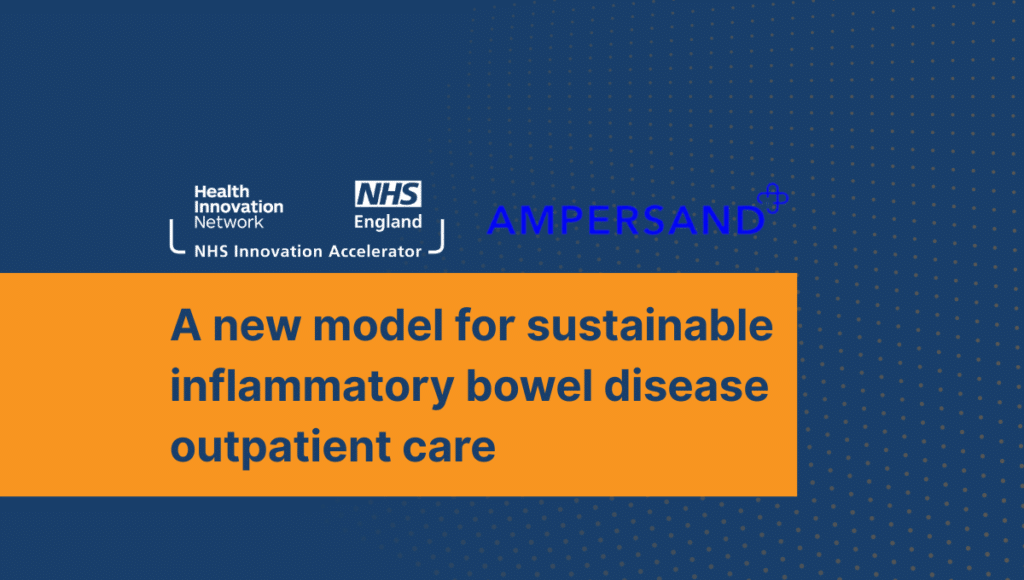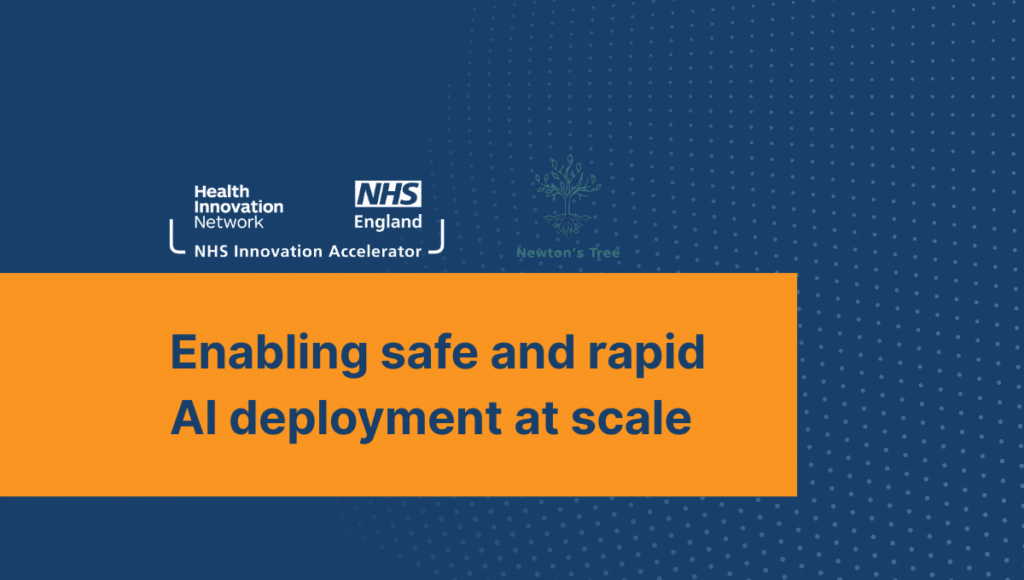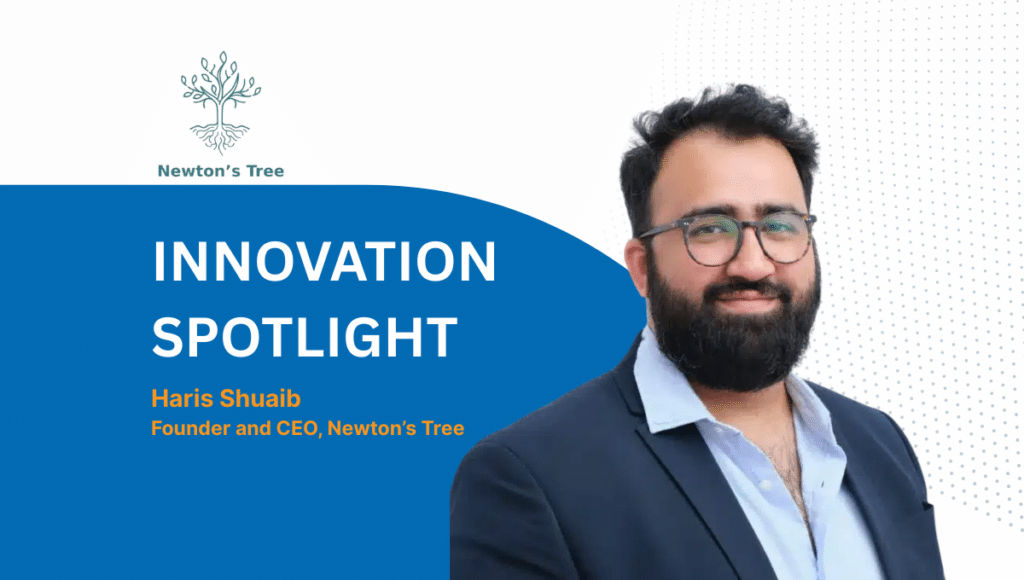Digital Health Passport: Supporting young people to manage long-term conditions
Find out how the Digital Health Passport is changing the way young people manage their long-term conditions and how the programme is supporting the innovation.
Greg Burch, Co-Founder and Joint CEO of Tiny Medical Apps, the developer of the Digital Health Passport, is a specialty doctor in Emergency Medicine in Sussex. Over the last seven years his team has co-designed and developed the Digital Health Passport to support young people, children and their carers with asthma and epilepsy.
What is the Digital Health Passport and what problem does it solve?
The Digital Health Passport is a platform designed to help young people aged 13 to 25 years, and their parents, better manage long-term health conditions. Initially developed for asthma, the app provides tools, education, and prompts to support better self-management and prevent life-threatening attacks.
The need is urgent: the UK has some of the worst asthma outcomes in Europe, with young people in deprived communities four times more likely to die from asthma than their peers in wealthier areas. For every death, there are hundreds of near misses and attacks that disrupt education, limit opportunities, and increase long-term risks such as early COPD.
By offering an engaging, user-friendly app, the Digital Health Passport helps young people gain control of their condition, improves health equity, and reduces pressure on the NHS. The platform is now expanding to include other conditions to build a sustainable model that can support multiple health problems.
“We’re very focused on lower-income families in areas with poor air quality, targeting groups where asthma control is very poor at baseline, because that’s where we can make the most impact.”
“We’re very focused on lower-income families in areas with poor air quality, targeting groups where asthma control is very poor at baseline, because that’s where we can make the most impact.”
What was your inspiration and motivation?
The idea grew out of frontline experience. While working as an A&E doctor, Greg saw first-hand the dangers of uncontrolled asthma in teenagers.
At the same time, reports highlighted rising asthma deaths and the inequities behind them. Greg realised existing digital tools for young people were clunky and unappealing, therefore unlikely to be adopted by teenagers. The opportunity was clear: create a platform with a modern, engaging interface that would appeal to young people and close the digital gap in adolescent health.
“There’s a massive gap in digital support for adolescents and young adults. If you ask most NHS leaders what proportion of their spend goes on digital for this group, the answer is next to nothing. Yet, digital is the way to reach them.”
Greg Burch, Co-Founder and Joint CEO, Tiny Medical Apps
Why did you become a Fellow?
Joining the NHS Innovation Accelerator (NIA) has been a turning point for the Digital Health Passport team.
The fellowship provides external validation, helping to build confidence with NHS partners and demonstrating that the product has undergone rigorous due diligence. It also connects Greg with a powerful network of innovators who share the same challenges of scaling within the health system.
“We’ve probably learned more from the NIA Fellows WhatsApp group than from any lecture or trade press. It’s real-world, it’s raw, and it’s about how people are navigating the same challenges we face.”
Looking ahead
The ambition is to become the leading digital service for young people managing long-term conditions that start in childhood. Within five years, the team hopes to see the Digital Health Passport fully integrated with NHS system, ideally via the NHS App, and part of “business as usual” care pathways.
Beyond asthma and epilepsy, the vision includes expanding to support children and young adults with allergies, learning disabilities, and rare diseases, ensuring equitable access even where patient numbers are small. European expansion is also on the horizon.
“We want to build the best healthcare app for young people with long-term conditions – something that helps them live healthier lives and is seamlessly part of NHS care.”
Want to find out more? Visit the innovation page where you can contact the innovator directly, or check out their website.


